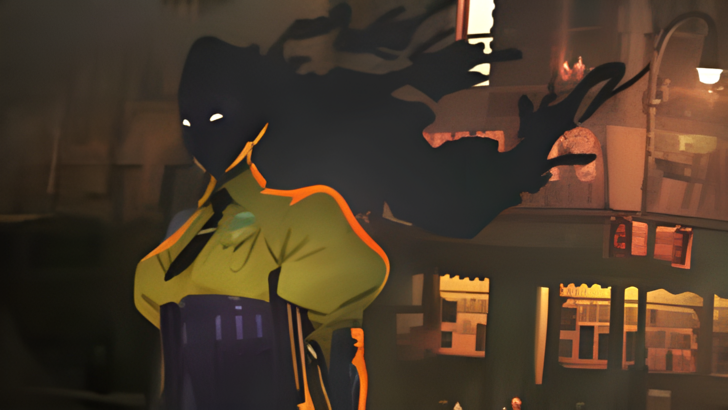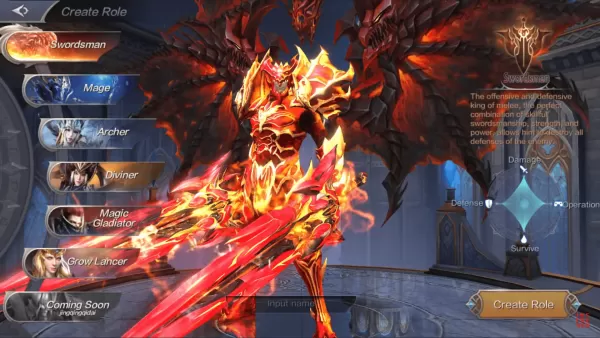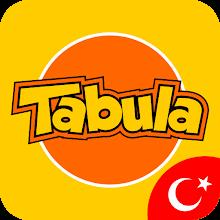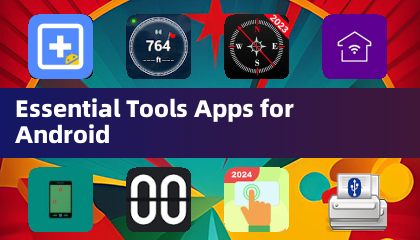
Valve's highly anticipated MOBA shooter, Deadlock, finally emerges from the shadows with an official Steam page. This article delves into the recent announcements, examining the lifted restrictions on public discussion, the impressive beta statistics, core gameplay mechanics, and the controversial approach Valve has taken regarding its own Steam Store guidelines.
Deadlock Officially Launches on Steam
After a period of intense secrecy, punctuated only by leaks and speculation, Valve has confirmed Deadlock's existence and unveiled its Steam store page. The closed beta recently reached a staggering 89,203 concurrent players, more than double its previous peak. This surge in participation followed Valve's decision to relax its strict confidentiality policy, allowing streamers, community forums, and other platforms to openly discuss the game. However, it's important to note that Deadlock remains invite-only and is still in its early development stages, featuring placeholder art and experimental gameplay features.
A Unique Blend of MOBA and Shooter Action
Deadlock seamlessly blends MOBA and shooter mechanics, creating a fast-paced, intense 6v6 experience. Teams battle for control, pushing opponents back while managing waves of AI-controlled units across multiple lanes. This dynamic gameplay necessitates a balance between commanding your troops and engaging in direct combat. Frequent respawns, constant wave-based battles, and strategic use of abilities and upgrades keep players on their toes. The game boasts 20 unique heroes, each with distinct abilities and playstyles, encouraging experimentation and teamwork. Movement options, such as sliding, dashing, and zip-lining, further enhance the dynamic combat.
Valve's Controversial Steam Store Deviation
Interestingly, Valve appears to be bending its own Steam Store rules for Deadlock. While Steam guidelines typically mandate at least five screenshots on a game page, Deadlock's currently features only a single teaser video. This deviation has drawn criticism, with some arguing that Valve, as a Steamworks partner, should adhere to the same standards as other developers. This situation echoes previous controversies, such as the March 2024 sale of The Orange Box, where Valve faced criticism for promotional sticker additions. The situation highlights the unique challenges inherent in Valve's dual role as both developer and platform owner. The long-term implications of this deviation remain to be seen.







![[18+] Starlewd Valley:Re!](https://imgs.dgmma.com/uploads/37/173149215167347937c925c.jpg)





















